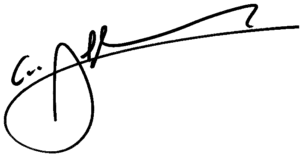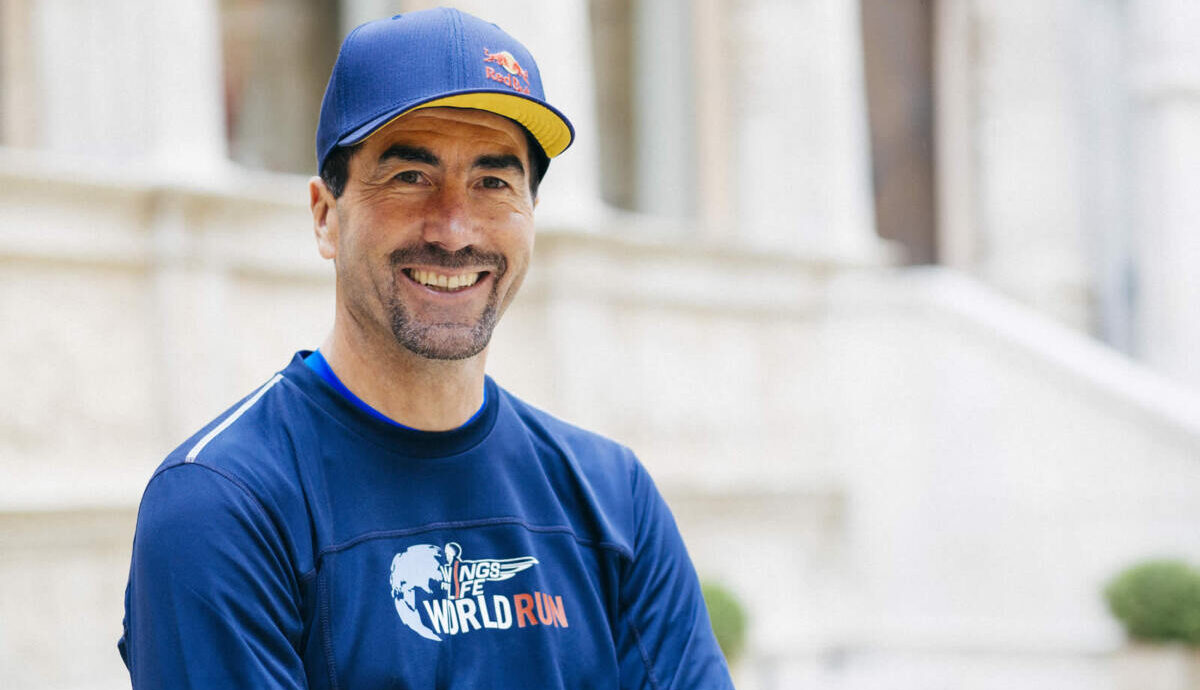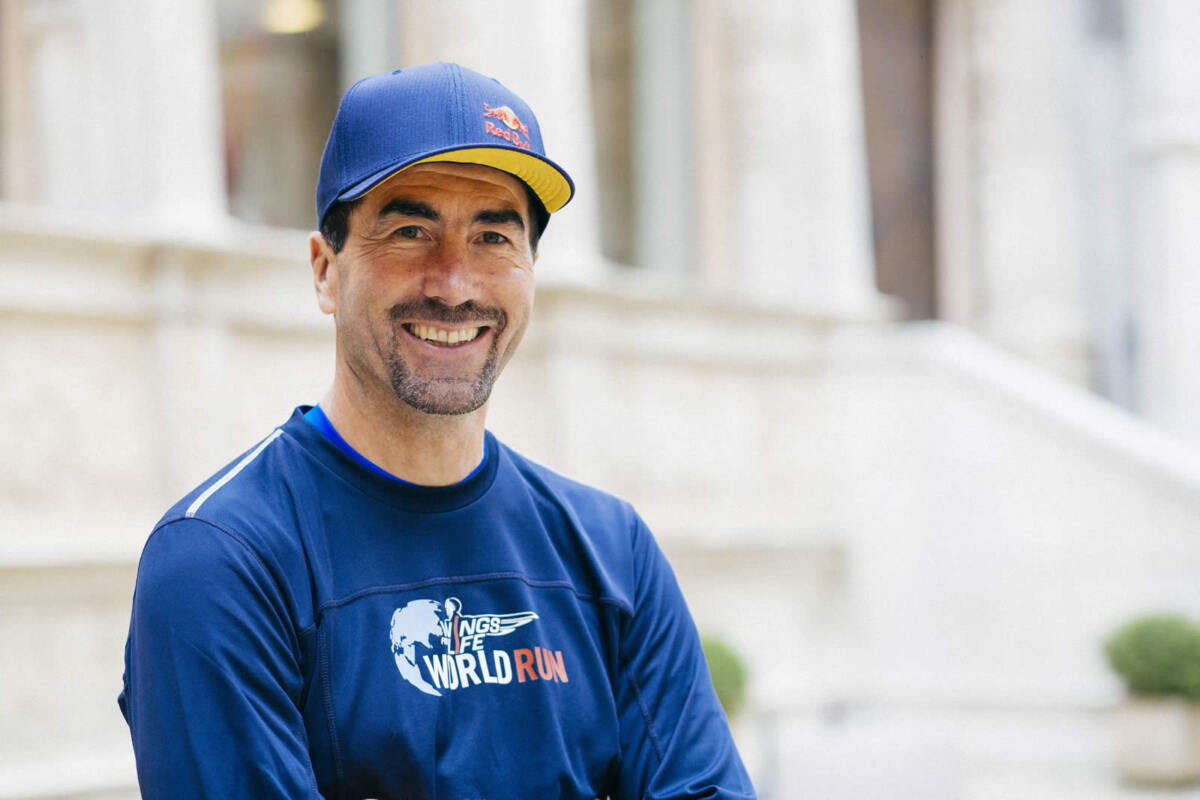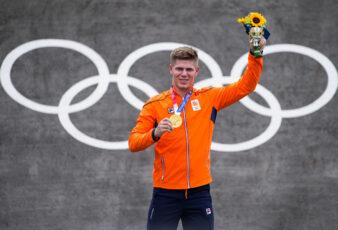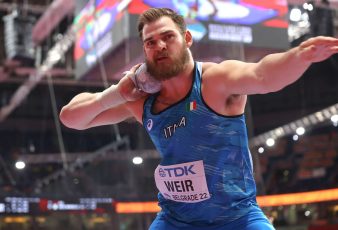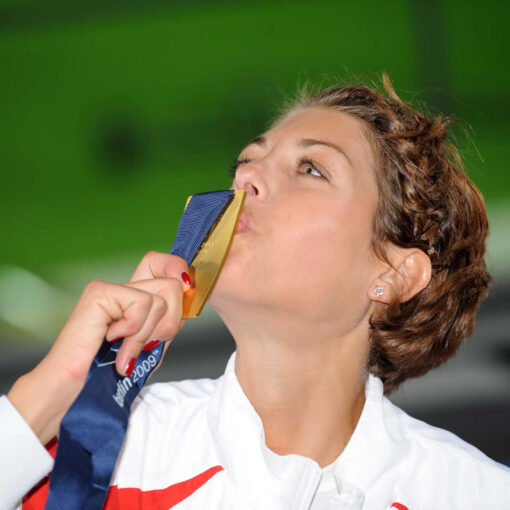The speed gene is difficult to explain.
Few understand it.
Very few have it.
And no one is really able to explain it.
It’s like having a small chip, under the skin, right at the height of the heart, which slows down your beats when those of others increase, which makes the line that separates unconsciousness from awareness visible. A line that, outside of sport, is dangerous even just trying to draw.
Speed is a requirement, the only form of the world, which must be taken with gas shots: the only tool I have ever had to flatten the mountains of life.
To straighten the hairpin bends.
Beyond passion.
It’s almost an addiction, against which there is no remedy, against which there is no vaccine that is not a small dose of the disease itself.
The speed of thoughts, as well as that of the body, and is realized in the feeling of peace and calm that you can only find in the center of the tornado.
While all around is a whistling of winds, trees and natural elements, you, in the center, are only silence. Silence and balance.
The mind sharpens, the senses sharpen, and life goes by in slow motion.
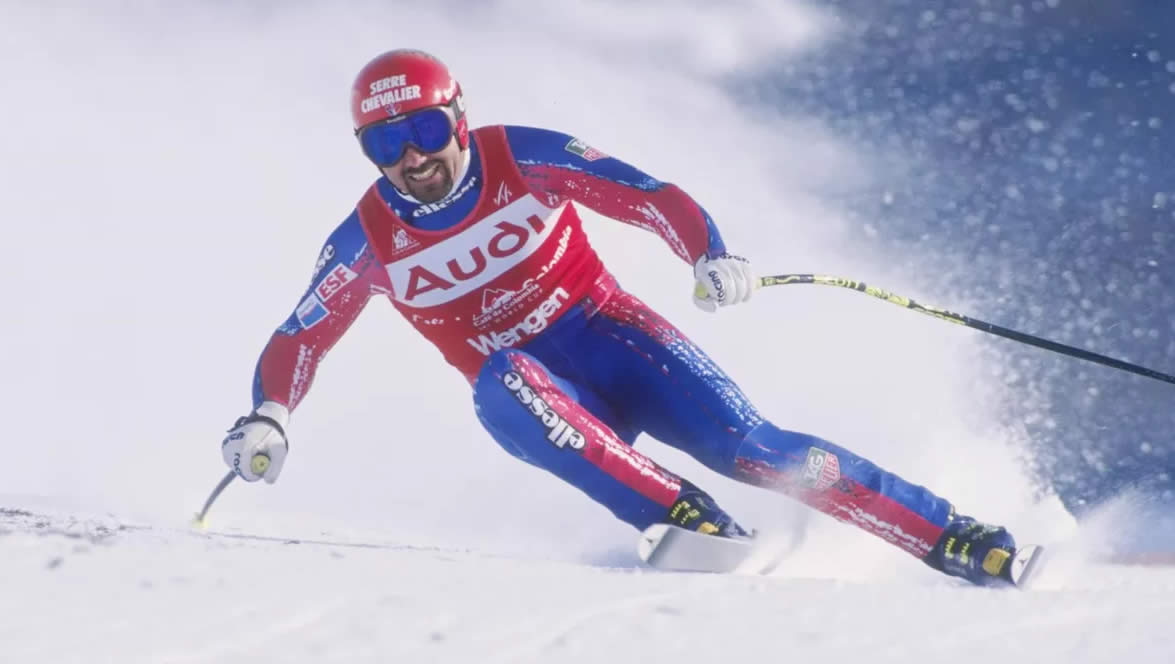
The speed gene can be trained.
It can be tamed. Rocked. Hated. Loved.
You can even try pulling on the handbrake.
But it cannot be created: either you have it or you don't have it.
And I've always had it.
The first time they tried to make me go on vacation to the sea, in a colony, I came home sick, sad, as if I had lost a month of my precious life.
It was a nightmare, not so much for the company or for the place where we were, but because that unfortunate choice of my parents had deprived me of my mountain, my moments, my living space.
Mom and dad ran a refuge at 2600 meters above sea level, and for me and my brother Lionel, that was the belly button of the entire planet. Everything revolved around those slopes. We spent the whole summer there, going down every other day to the town to do the grocery store. It was a journey of no more than an hour, but to us, that ride seemed endless. Beautiful and infinite.
Lionel is only one year older than me and this has always made us friends, before brothers. We climbed, hiked, skied on fresh snow, jumped.
There wa no limit..
There was no law.
There was nothing more.
It was just us, the bikes, the skis, the pursuit of speed and the slaps we took from my parents when we did something wrong.
And this happened practically every day.
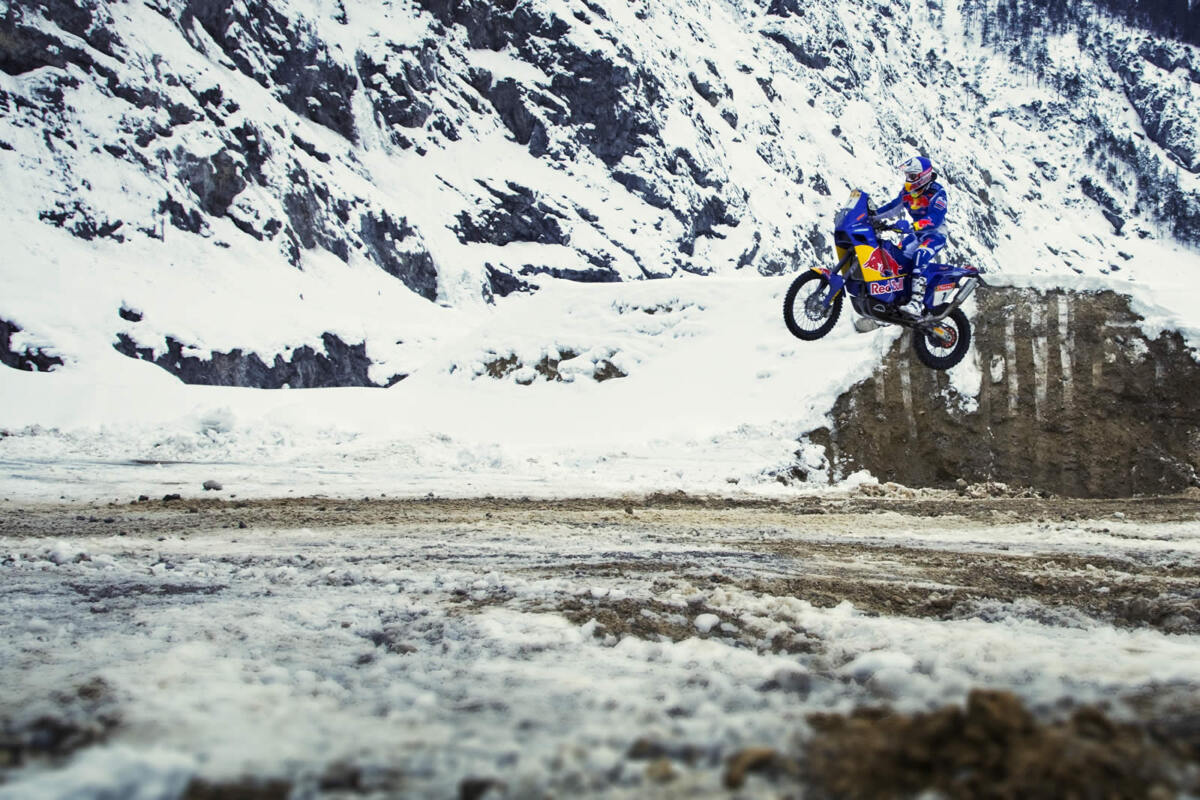
Dad was a mountain guide and instructor, so we found ourselves almost immediately with a pair of skis, like all the children who grew up in the shadow of Serre Chevalier, the ski resort of the Ecrins National Park.
Skiing wasn't really a choice.
But it wasn't a constraint either.
It was more a necessity of being, the consequence of being born where we were born. For both of us, the fun did not come from the competition itself, from the game, or from the personal improvement that came from training.
What really enjoyed us was the speed.
Lionel was a fool.
A fool, trust me.
And I followed him in everything.
Neither was really talented and, above all, to both of us the slalom, which is the discipline with which you start skiing, was boring to death.
Right. Left. Right. Left.
There was no adrenaline, there was no shiver down my spine.
But when someone threw a crazy bet, we were always the first to pick it up. The first to try a new route along the mountain slope.
The first to try a jump on the fresh snow, in the morning.
We were as much a part of the mountain as she was of us, and we always wanted to be the first to talk to her.
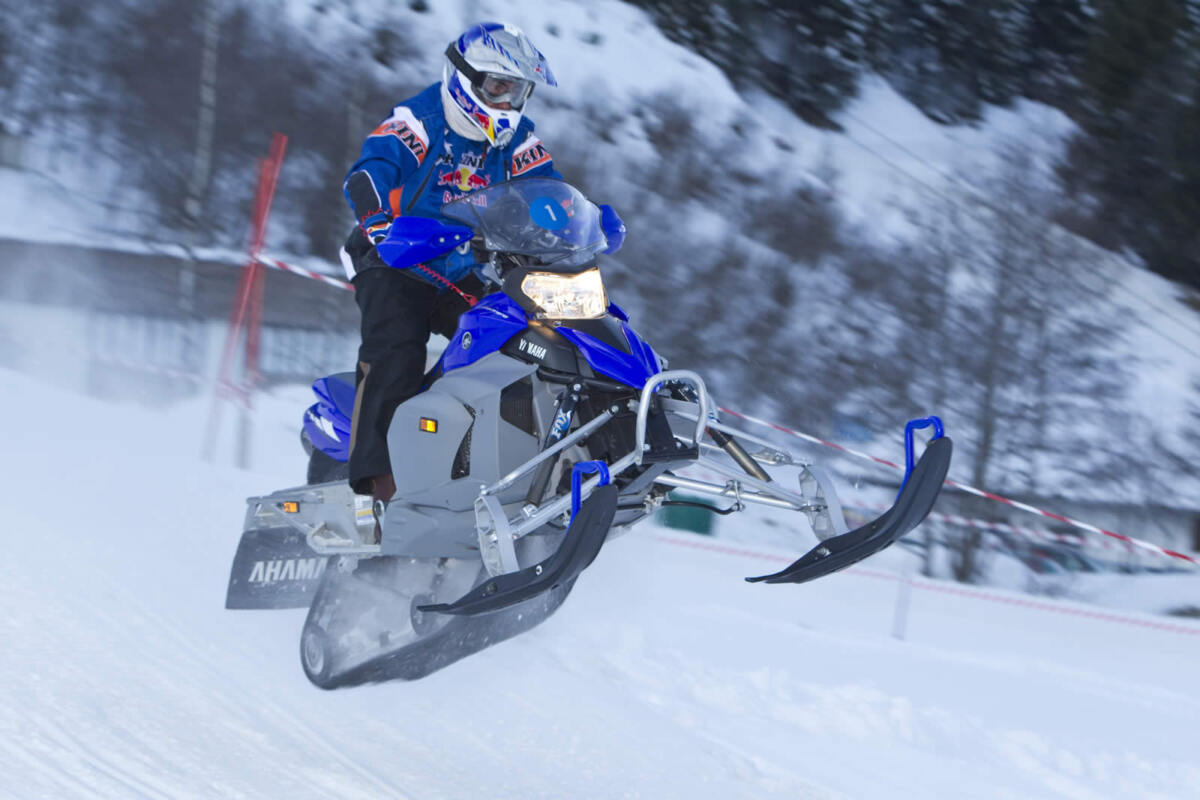
Then I grew up, and growing up I realized that there was not only slalom, that I could also do the downhill, and that the downhill is much closer to my idea of skiing.
It was the first real taste of competition, which allowed me to understand that maybe it was worth training hard, starting to dream bigger.
I started wishing I wanted to get strong, and train accordingly, taking my average talent and carrying it to the top, among the best of the bunch.
I was 15, and I was determined to make a job out of my speed gene.
When I arrived in the World Cup, without Lionel this time, I realized that I was not the only one with it.On the day of the first inspection, in Aspen, I was so impressed with the speed and power of the other athletes. As I was from the organization of the event, from the structure, from the grandeur of things.
In line with me to get on the track were the great Austrians of the 80s, there was Girardelli, there was Zurbriggen. And there was also Peter Muller, from Switzerland, who took me by the scruff and pushed me away without compliments: "Go away, I'm in the first group. Not you, kid! "
That was my welcome.
That's the first time in Kitz.
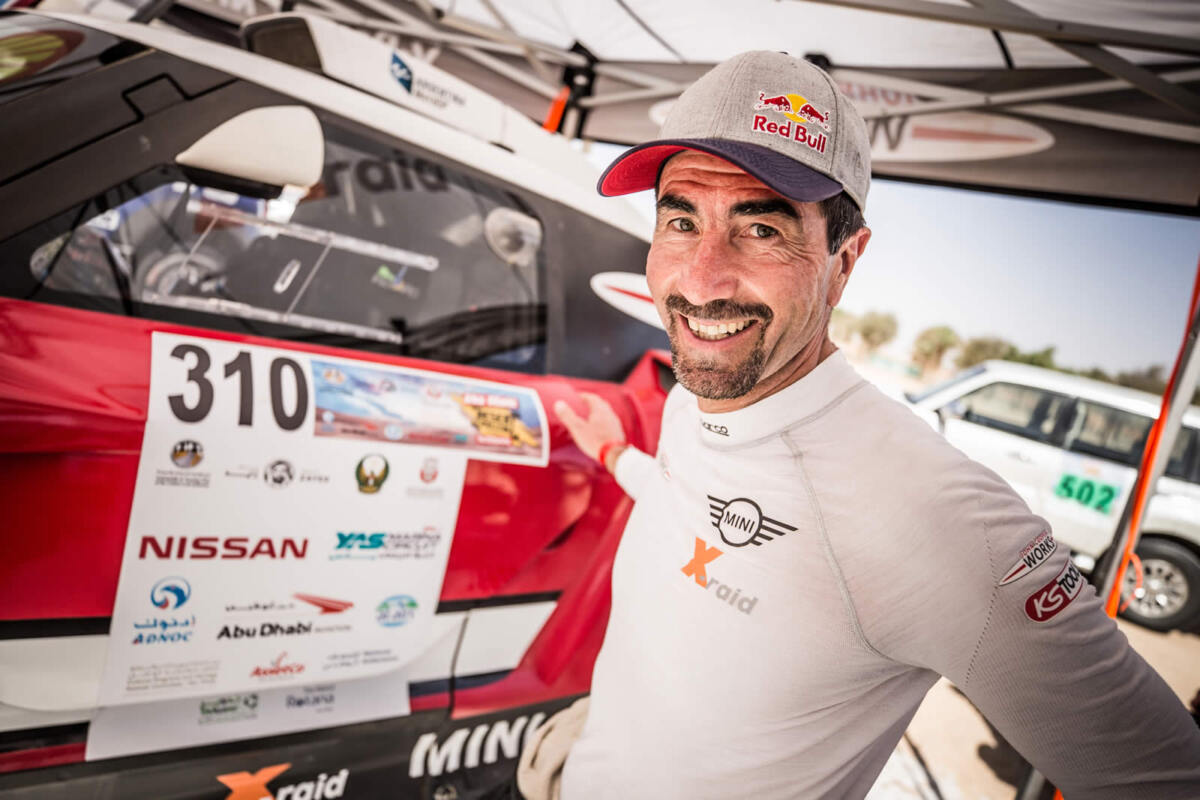
To get to the top, in Kitzbuhel, there was once an old wooden cableway, from which you couldn't see the slope very well, and this was both good and bad.
As an aspiring skier, I was excited to try the track everyone was talking about, and as I climbed I tried to scrutinize the angles to do, thinking to myself which lines would be better to draw.
Then I got on top.
And when I put my nose out of the starting gate, all theories and trajectories suddenly disappeared.
"Holy shit".
Should I get down from HERE?
I still remember the satisfaction I felt when I got to the bottom safe and sound.
This is another wonderful thing about speed: there is always the next step.
There is no definitive challenge. There is no last level.
There is always something after. There is always an extra gear to climb.
Each threshold is created by a mixture of technological skills and personal fears, and it’s this human component that makes it friable. To make it an illusion.
I've had a long career in skiing, and although it hasn't been all plain sailing, I've never stopped trying to make the next leap.
I have never stopped going further.
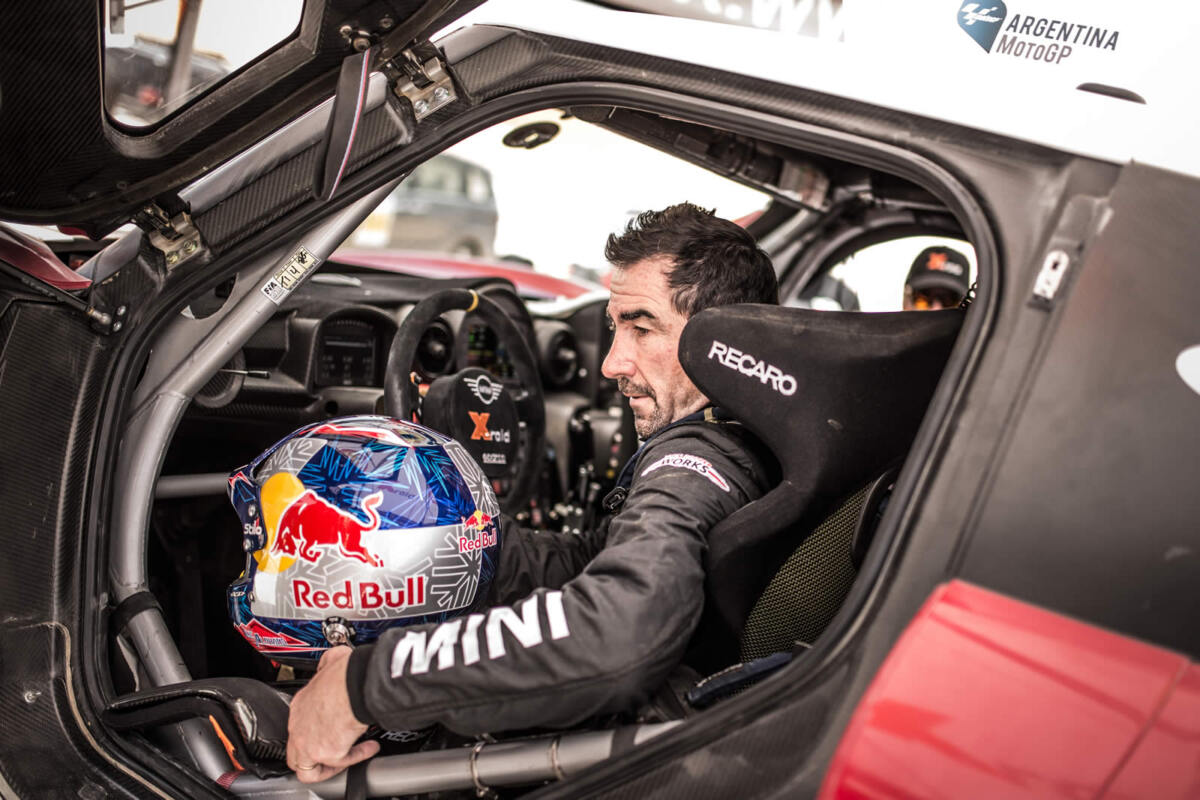
The French national team with which I began my adventure was a young national team, who came out of years of international anonymity. It was Franck Piccard, with Super-G gold in Calgary 1988, who made me understand that I too could aspire to that much, sooner or later.
In the early years of the World Cup, I paid the price of inexperience, I paid the price for a frame that was not yet powerful enough to handle the revs at which I wanted to run the engine. I was more often at the hospital than on the track, despite some exciting moments. It was frustrating, for me and for others, and I had to spend more time chasing my expectations than cultivating new ones.
Then, on the threshold of thirty years, something snapped inside me. Suddenly I stopped doing things for others and started doing them only for myself.
Sometimes it happens, even to professionals, even to those with passion, that training becomes a duty, and that if you skip a repetition your conscience still looks the other way, and gives you a let-through. So I changed my approach, I imposed who I wanted to be, while remaining part of a team.
I wanted to be bigger, heavier, fatter.
I wanted to listen to my body more.
So I slipped into the perfect parabola, where everything aligned to finally allow the speed gene to reveal itself to the world.
Coaching, physical integrity, self confidence: everything blossomed like an ice gem, and the last three years of my adventure were magical.
Three downhill cups, plus the 1997 General cup, the culmination of a career that I wanted to stop there, while I was at the top, on everyone's head.
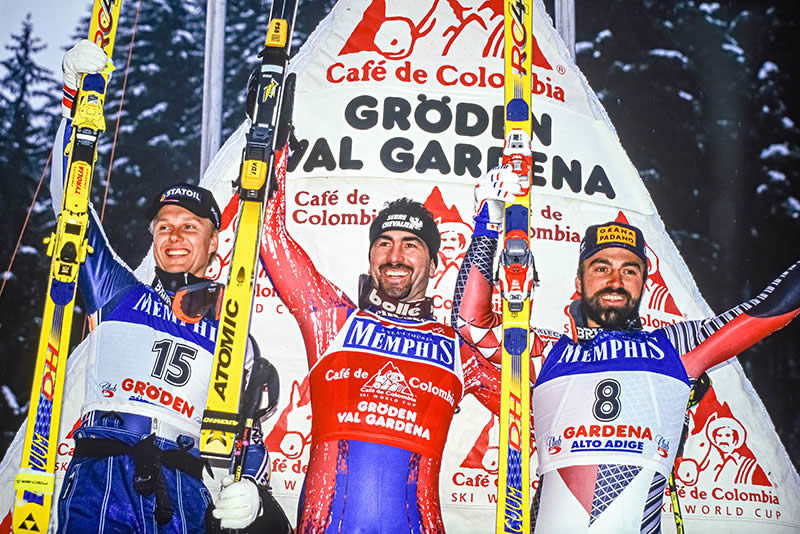
The gene, however, was not gone and, at this point, I think it never will.
First I tried the launched kilometer, reaching 227 kilometers per hour protected only by the helmet and suit. Then I moved on to rallying, my second great love.
I watched the greats compete from the hotel rooms where I went for the Ski World Cup. I watched Colin McRae, Carlos Sainz and all the others, without even dreaming of being able to race with them.
I tried to ride on the Le Mans circuit, and it was easy.
Turning at 300 kilometers per hour did not upset me, it did not put me in difficulty.
From skiing I had inherited the ability to calculate distances, to evaluate the speed at which things move: for me, objects have never been “closer than they appear”, as it is written on the mirrors of cars.
I was convinced in a very short time, and slamming my fists on the table in excitement, I decided that I would accept Mitsubishi's proposal to participate in the Paris - Dakar, perhaps the toughest race in the world.
Certainly the most famous.
The Japanese didn't care who I was before, they were more interested in the fact that being a great athlete taught me what it takes to get strong at something.
The gene did the rest.
It took me years to get to the top level, and when I wrote my name in that list of winners too, a circle was finally closed.
At least until the next adventure.
Because speed is the form of my time, the aspiration of my existence.
I can't help it: the closer I get to the limit, the better the feeling.
Few understand it.
And no one is really able to explain it.
Luc Alphand / Contributor
